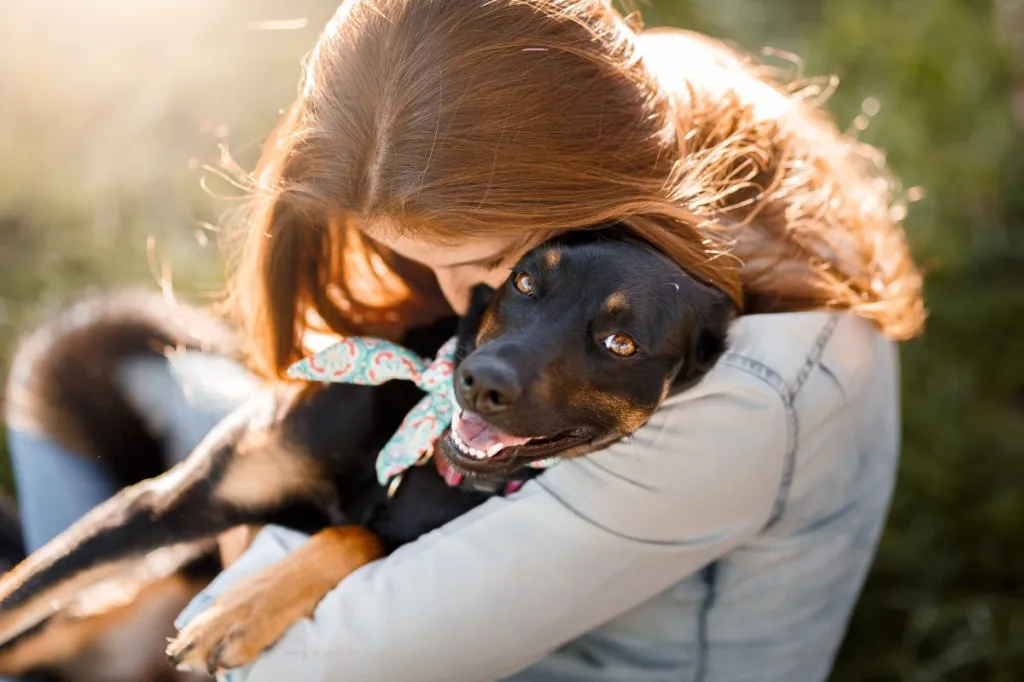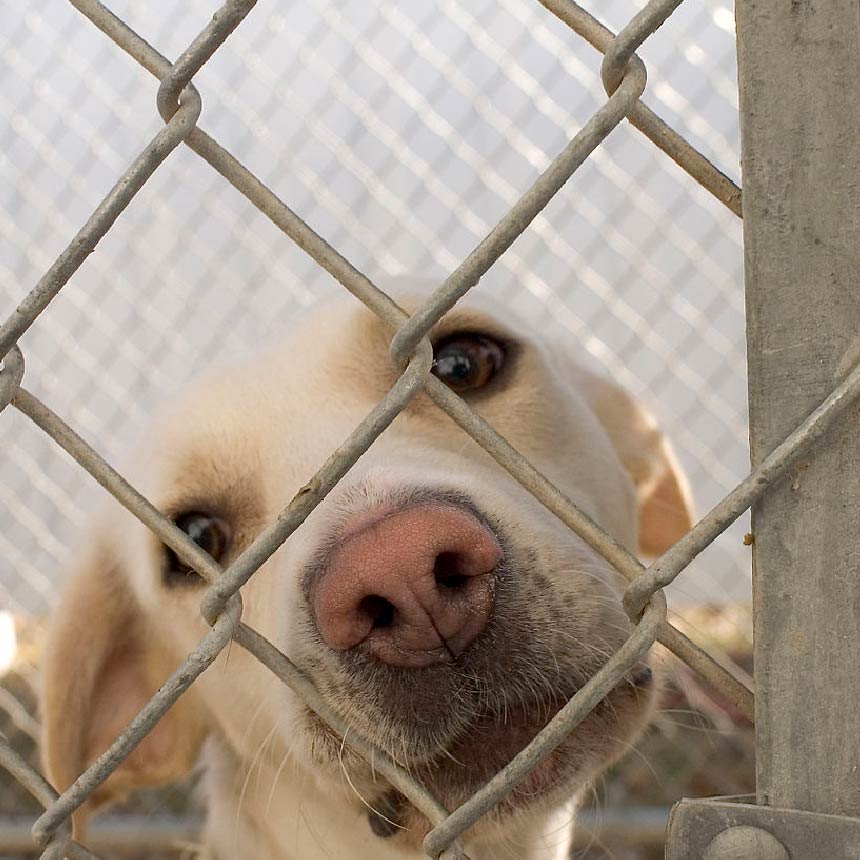
Responsible Dog Breeding
Responsible Dog Breeding: Ensuring Healthy and Happy Canines Dog breeding is a practice that, when done responsibly, contributes to the preservation and improvement of various dog breeds. However, irresponsible breeding can lead to health problems, behavioural issues, and an increased number of unwanted dogs. Responsible dog breeding involves careful planning, knowledge, and a commitment to the welfare of both the breeding dogs and their puppies. This article explores the principles and practices that define responsible dog breeding.
Understanding the Importance of Responsible Breeding
Responsible dog breeding is crucial for several reasons:
- Health and Well-being: Proper breeding practices help ensure that puppies are healthy and free from genetic disorders.
- Breed Preservation: Ethical breeders maintain and enhance the qualities of their chosen breed.
- Animal Welfare: Responsible breeders prioritize the well-being of their dogs, ensuring they live in good conditions and receive proper care.
- Reducing Overpopulation: By breeding responsibly, breeders help control the dog population, reducing the number of dogs that end up in shelters.
FACT! There are thousands of dogs in shelters across the UK, of all ages, breeds, sizes and temperaments. Choose to Adopt. You are sure to find the prefect pooch for you, and give it a new lease on life.
“ Creating memories with Your loved ones ”
Principles of Responsible Dog Breeding
- Education and Knowledge:
- Breed Standards: Responsible breeders are well-versed in the breed standards set by kennel clubs and breed organizations. These standards cover physical traits, temperament, and health requirements.
- Genetics: Understanding genetics is crucial to avoid passing on hereditary diseases. Breeders should be knowledgeable about their dogs’ lineage and any potential genetic issues.
Health Testing:
- Screening: Before breeding, both the sire and dam should undergo comprehensive health screenings. This includes tests for common genetic disorders specific to the breed, as well as general health checks.
- Veterinary Care: Regular veterinary care is essential. Breeders should have a good relationship with a veterinarian and ensure their dogs receive vaccinations, dental care, and routine check-ups.
Ethical Breeding Practices:
- Age and Frequency: Dogs should only be bred when they are physically and mentally mature, and not overbred. There should be ample time between litters to allow the mother to recover fully.
- Selection: Breeders should select dogs for breeding based on health, temperament, and conformance to breed standards. Only the best specimens should be used to enhance the breed.
Proper Care and Environment:
- Living Conditions: Dogs should be kept in clean, safe, and comfortable environments. They should have access to fresh water, nutritious food, and regular exercise.
- Socialization: Puppies should be well-socialized from an early age. This includes exposure to different people, environments, and other animals to develop a well-rounded temperament.
Transparency and Support:
- Information Sharing: Responsible breeders provide prospective owners with detailed information about the breed, including potential health issues and care requirements.
- Contract and Support: Ethical breeders often use contracts to outline the responsibilities of the new owner and offer lifelong support and advice.
Challenges in Responsible Breeding
Responsible breeding is not without its challenges:
- Financial Costs: Health testing, veterinary care, and providing a high standard of living for the dogs can be expensive.
- Time and Effort: Breeding responsibly requires a significant time commitment. From planning and health testing to raising and socializing puppies, the process is demanding.
- Ethical Dilemmas: Making decisions about breeding pairs, culling, and managing genetic diversity can be ethically challenging.
The Role of Kennel Clubs and Breed Organizations
Kennel clubs and breed organizations play a pivotal role in promoting responsible breeding practices. They set breed standards, provide resources for breeders, and maintain registries. Programs like the Kennel Club’s Assured Breeder Scheme in the UK set high standards for breeding practices and offer accreditation to breeders who adhere to these standards.
Conclusion
Responsible dog breeding is essential for the health and well-being of dogs and the preservation of breeds. It requires a deep commitment to ethical practices, ongoing education, and a genuine concern for the welfare of the animals. By adhering to the principles of responsible breeding, breeders can ensure that their puppies are healthy, well-adjusted, and contribute positively to the breed’s future. For prospective dog owners, choosing a responsible breeder is crucial to finding a happy, healthy companion.
Post a Comment
You must be logged in to post a comment.






